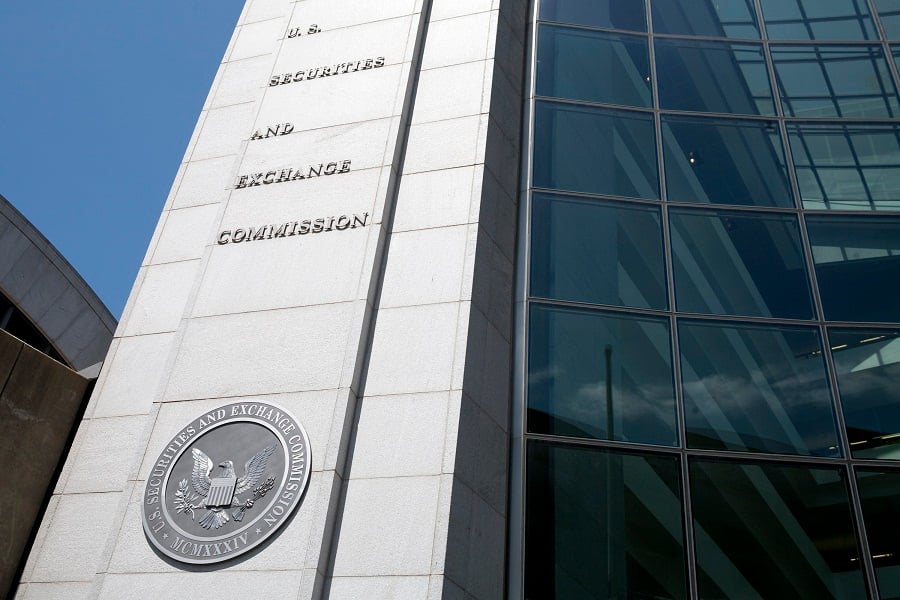

The Securities and Exchange Commission warned investment advisers and brokers on Wednesday to beef up their monitoring of fees and expenses and increase supervision of personnel and handling of client assets due to challenges posed by COVID-19.
In a risk alert, the SEC’s Office of Compliance Inspections and Examinations said it has observed a number of pandemic-related compliance issues and recommended that financial firms consider changing some operational practices to address them.
For instance, the agency said market volatility and financial pressure on firms may be increasing conflicts of interest, such as recommending inappropriate rollovers from company retirement plans to individual retirement accounts, borrowing or taking loans from clients or recommending high-fee investments that benefit advisers and brokers.
The alert also highlighted concerns about errors in calculating advisory fees that result in over-billing of clients.
“The recent market volatility and the resulting impact on investor assets and the related fees collected by firms may have increased financial pressures on firms and their personnel to compensate for lost revenue,” the alert states. “While these incentives and related risks always exist, the current situation may have increased the potential for misconduct.”
The SEC told firms to identify transactions that resulted in high fees for investors and evaluate whether they were in the investors’ best interests. They also should examine risks associated with borrowing from clients.
Other areas covered by the risk alert include protection of investor assets and information, supervision of personnel, investment fraud and business continuity.
Firms should increase protections around collecting and processing investor checks and transfer requests, especially those that are received through the mail, the agency said.
“OCIE also encourages firms to review and make any necessary changes to their policies and procedures around disbursements to investors, including where investors are taking unusual or unscheduled withdrawals from their accounts, particularly COVID-19 related distributions from their retirement accounts,” the risk alert states.
As firms have shifted to teleworking arrangements during the pandemic, the risk alert recommended that they modify their compliance policies and procedures to address “supervisors not having the same level of oversight and interaction with supervised persons when they are working remotely.”
The increased use of electronic communication also is putting a premium on protecting customer information.
“OCIE recommends that firms pay particular attention to the risks regarding access to systems, investor data protection, and cybersecurity,” the alert states.

Former Northwestern Mutual advisors join firm for independence.

Executives from LPL Financial, Cresset Partners hired for key roles.

Geopolitical tension has been managed well by the markets.

December cut is still a possiblity.

Canada, China among nations to react to president-elect's comments.
Streamline your outreach with Aidentified's AI-driven solutions
This season’s market volatility: Positioning for rate relief, income growth and the AI rebound
